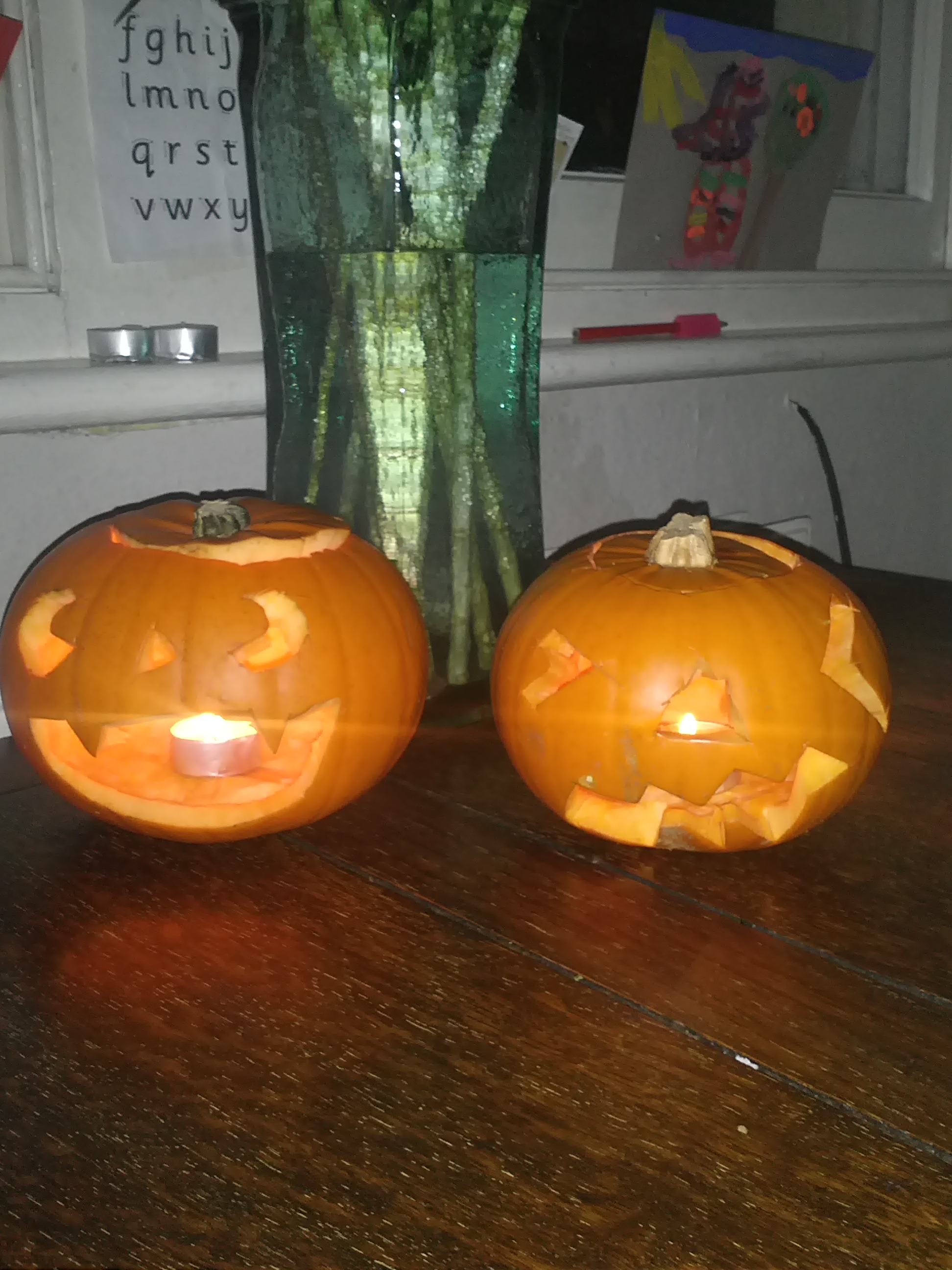People think that stories are shaped by people.
In fact, it’s the other way round. – Terry Pratchett
When Salon@615 hosted Anne Lamott in conversation with author Ann Patchett, Lamott described reading as a form of religion, and said that the day she discovered chapter books was the first time she knew that she was saved. Even today, when Lamott get a new book, she knows that she is safe, moreorless, for as long as the book lasts. And wow, I know what she means.
Back when I began six rounds of chemotherapy, I picked up Man’s Search for Meaning which is Viktor Frankel’s account of his time in the concentration camps during WWII, and his theory of Logotherapy. A theory which states that the last of the human freedoms [is] to choose one’s attitude in any given set of circumstances, which is what Frankel did. In all the horror of the camps, Frankl learnt to comfort himself physically and mentally, by always carrying a scrap of bread in his pocket and, by imagining himself lecturing Logotherapy in America after the war.
Parts of Frankl’s story were so horrendous that I actually forgot where I was until I looked up and saw that I was on a drip in the chemo room. The NHS actually saved me with their wonderful staff and unbearable treatments but Frankl’s story saved me too. Frankl taught me to comfort myself physically with little gifts (I felt too sick to view food as comfort) and mentally with the dream of me lecturing again.
Stories transport us, away from the terrors of our lives and minds. They can also inspire us to take action big or small. Stories can restore our faith in this crazy life by showing us that things can change, nothing bad lasts forever, and when we have to endure, we can find a story to lose ourselves in. Even if it can’t make us feel better about a given situation, it can give us a break – some relief and release from our lives.
In Storytelling and Mythmaking, Frank McConnell says stories save our lives. He says that vicariously living through a hero’s story is the best form of self-help our civilisation has to offer. We learn to be a better version of ourselves inspired by heroes.
McConnell finds heroes in myths and movies from The Iliad to Taxi Driver, and using Jean-Jacques Rousseau and Northrop Frye‘s theories, McConnell outlines our expectations of a good story. Each story has a society, a hero, and a relationship between the two. Each society has rules – some written, some inherent- which our hero either wishes to enforce like a Samurai or a knight, or which make him bitter for he knows these rules are rotten, like the cynical private eye. Sometimes, our hero is a king and will rewrite the rules of society to form a brave new world. But wherever and whenever these heroes are, they experience one of the four seasons of life – the comedy of spring, the romance of summer, the tragedy of autumn, and the winter of irony and satire. These seasons are the cycle of life itself, and our ultimate quest for salvation – the hero’s quest or monomyth.
[N.B. it is the hero’s not heroine’s quest because Campbell said that women were too busy to sit around telling stories(!). We only find women in fairytales or in supporting stereotype roles in McConnell’s movies while men do the self-actualisation. Alas, women have been suppressed by poor plot lines for centuries.]
The monomyth was identified by comparative mythologist Joseph Campbell, who said that when we hear a story we want it to give us a how not a why. We don’t always need to know why something has happened, we just need to know how to deal with it. Like me reading Frankl, he gave me a how to get through chemotherapy which I clung to because anytime I asked why I went a little bit crazy.
But, it is not just non-fiction where we can find a how. Fiction works just as well.
In his Masterclass, James Patterson says that he doesn’t really write realism, he is more interested in creating a great, emotional story. After all, life is often stranger than fiction, and much more unbelievable. Patterson is known as the world’s best selling author because he gets the emotional aspect right. He has been told many times by policemen that his characters feel so right even when the police procedure isn’t. Thanks to this emotional resonance, we trust Patterson’s characters and their stories. Instinctively we know that there are more things in heaven and on earth than we can ever explain. We don’t always need a why.
Emotional resonance often feels like truth, which is why when you share a story with someone, they often share one back, rather like Katie Hopkins’s #myfatstory in which she gained weight simply to demonstrate how easy it would be to lose it again. Luckily, she had a moment of vulnerability and empathy and finally understood that weight gain was more complex than just eating too many calories. Through this, she was able to connect to others and was touched when people were willing to share their stories with her. We all know a Hopkins, she is one of those meany friends who prides herself on giving out home truths and telling it like it is so, it was nice to see her vulnerable and human. Unfortunately, #myfatstory wasn’t a story of transformation as Hopkins turned back into her meany-usual self at the end.
Sharing stories, or mutual communication, helps advance humanity says organisational storyteller Thaler Pekar. For sharing a story, sparks a story and encourages everyone to find new solutions and because of this, content strategist, Contently says that even asking why stories matter, is like asking why we need to eat. Stories help us cope with say, being stuck, instead of panicking and having a pee in the lift.
Over on Lithub, writer Lorrie Moore says that short stories are like life itself – surprising and not entirely invited. Reading a story allows us to find that we need to spend time in the company of people whose troubles we might ordinarily avoid, which allows us to step outside the constraints of our own beliefs and opinions. It might not answer any of our questions, instead it may just animate them in what Moore describes as a a lovely shock of mercy and democracy. And, if that leads us to question even one of our beliefs and to be kinder to our fellow humans or ourselves then that is a good thing.






